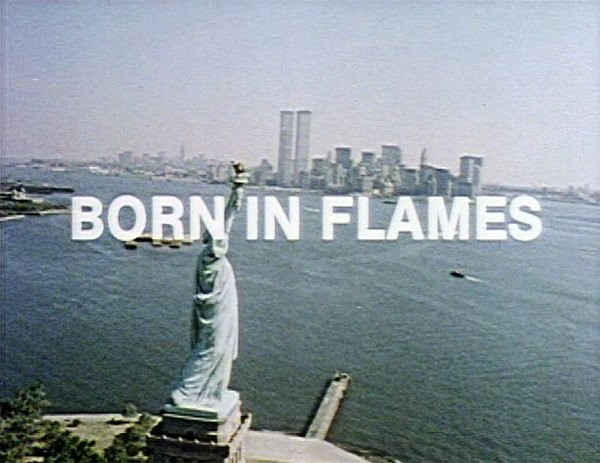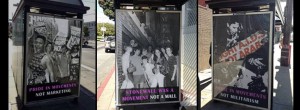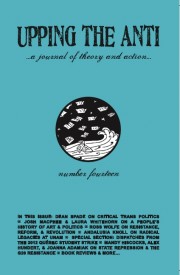This coming Friday and Saturday I’m heading to Los Angeles for a conference that marks the 40th anniversary of Roe v. Wade and the 10th anniversary of Lawrence v. Texas. In advance of the conference, speakers were asked to write blog posts related to the themes of the conference panels we are participating in. These were posted to the Balkinization blog. I thought I’d re-post what I wrote here as well:
Sexual freedom, legal equality and settler colonialism
In recent weeks, the world has been captivated by the emergence of the
Idle No More movement. Indigenous people and their allies in Canada and around the world have been engaging in a wave of protest actions. These protests, which include marches, vigils, road blocks, railway blocks, flashmobs and the prominent hunger strike of Chief Theresa Spence of Attawapiskat, are raising a number of significant issues. Initially, the movement was a response to the Harper government’s introduction of Bill C-45, legislation that would significantly weaken environmental protection laws in Canada. As the movement has grown, its message has broadened to raise questions about indigenous sovereignty and environmental protection more generally, both in Canada and around the world where indigenous people struggle against colonization and environmental degradation.
Movements against colonization raise significant questions for scholars studying the legal regulation of sexuality and family. The imposition of
gender norms and family formation norms and
the use of sexual violence as a tool of war have been significant to processes of colonization. The depiction of cultures and peoples targeted for colonization as “backward” in terms of sexuality and family formation has been a rationalization for colonization, and has often included portraying indigenous women as
needing to be saved by the colonizers from their own families and cultures. These methods and rationalizations are visible in the history of the colonization of North America where the Idle No More movement has been most visible so far, but we can also hear these rationales deployed to justify the
war in Afghanistan, proposed
war with Iran, and in
rationales for Israeli settler colonialism in Palestine.
These dynamics are particularly interesting in the context of a contemporary gay and lesbian rights framework in the US and its global influence. As many scholars have noted, the gay and lesbian rights framework has increasingly moved toward demands for formal legal equality in recent decades, particularly focusing on demands for military participation and access to legal marriage. There has been a great deal of critique of these demands by a range of feminist, anti-racist, queer and trans scholars. One aspect of this critique that is particularly interesting in the context of the Idle No More movement’s growing momentum is how these demands speak or fail to speak to the quest for sexual freedom for those imagining freedom from an anti-colonial perspective.
Ostensibly, the contemporary gay and lesbian rights agenda developed from the sexual liberation movements of the 1960’s and ‘70’s that are remembered in images from the Stonewall Riots where queer and trans people fought back against police harassment and criminalization. As it developed, its vision of “freedom” has become more aligned with joining the apparatuses of colonial occupation than fighting them. The US military literally operationalizes US colonial and imperial violence, and marriage enforces the family formation norms for the settler colonial state by disbursing essential benefits to the population based on whether we conform to that norm. As the Idle No More movement and other anti-colonial movements such as the
Boycott, Divestment and Sanctions movement continue to grow, queer and trans politics faces interesting questions about how various approaches to conceptualizing sexual freedom relate to anti-colonial agendas that seek to dismantle the apparatuses in which certain lesbian and gay rights campaigns and court cases seek gay and lesbian inclusion. These questions are particularly interesting now, as gay and lesbian people are increasingly articulated as
those that need saving in colonial discourses. Access to legal marriage and military participation for gays and lesbians are now often used as measuring sticks for whether or not a country respects
human rights, and human rights enforcement rationalizations are a popular justification for military intervention. The Idle No More movement’s emergence in this moment provides an opportunity for reflection on the relationship between commitments to sexual freedom and commitments to self-determination and decolonization.






